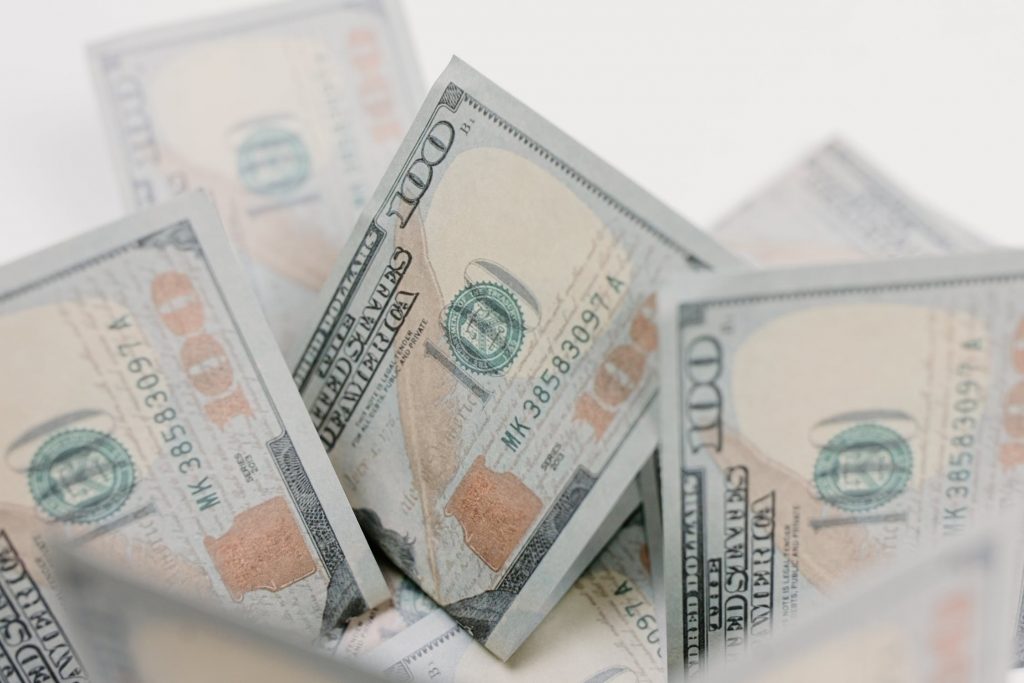Knowing how to avoid forex trading scams can help keep your profits, capital and personal information secure. Regulation has come a long way in recent years but, unfortunately, the FX market is still plagued by fraudulent operations. Whether you are a newcomer or a seasoned veteran, sorting the reliable from the unreliable is no mean feat.
This guide will outline some of the most popular forex trading scams, explain how to spot them and advise what to do if you’ve been caught. We’ve also compiled a list of reputable forex trading brokers below.
Forex Trading Scams Explained
The spot forex market is one of the leading financial markets in the world, with over $5 trillion worth of trades executed daily. The market is decentralised, meaning that it is not controlled by any single authority, rather by regulators in different regions. Whilst the market provides a huge opportunity to generate profit legitimately, some look to make a profit through illegitimate means. They prey on the unwary, those who don’t know how to avoid online forex trading scams.
Scams vary in execution but whether you’re in South Africa, India, Malaysia or the UK, the premise remains the same. Forex scams lure traders in with the promise of big returns but, ultimately, fail to deliver long term profits.

Types of Forex Trading Scams
Forex scams come in a range of shapes and sizes, which, in part, makes them so tricky to spot.
However, a few scams crop up time and again and knowing how to avoid forex trading scams like these is easier if you know what to look for:
- Ponzi And Pyramid Schemes – These pledge high returns and, early returns are likely to be decent but they always fall short in the long run. Companies will direct the investment from new investors to pay the initial high returns to old investors. Once these have been paid, all new returns are again used to lure in new investors. Eventually, the scheme falls apart as they are unable to continue to service investments.
- Price Manipulation Scams – These are based on manipulated spreads. On most major currency pairs there are pretty standard spreads offered by most brokers. The scam occurs when brokers offer spreads way outside the norm. Any change to a spread can have big repercussions for your profits further down the line. For example, the spread for the EUR/USD pair is normally between one and three pips, if a spread of seven or eight is offered, it is likely to be a scam.
- Unsegregated Accounts – Client funds should always be held separately from company funds. If funds are held together and the company goes under, things are likely to be muddied and investors may find they are unable to withdraw their cash.
- Personal Data Scams – Some companies may sell your personal data to third-party organisations.
- This presents various risks to an individual, such as counterfeit and identity theft.
- Signal-Seller Scams – Asset managers, individual retail investors, and online firms may provide trade execution recommendations based on their alleged years of experience and unique expertise in exchange for a fee. Often, they use friends to share fake positive reviews of their services to gain credibility. Many of them will disappear entirely after taking your money, while others may offer some unfortunate advice.
- Robot Scams – Also known as automated scams or system scams. These scams are based on their supposed ability to generate automatic trades that consistently generate vast profits, even while you’re sleeping. Many of these systems have not been properly tested or verified. Although legitimate automatic trade generation does exist, traders should conduct thorough research before investing their money in one.
Other things to be cautious of are fake bonuses and promotional offers. If it appears too good to be true, it probably is. Fraudulent operations may attempt to entice new customers with the illusion of easy profits based on free money, but the majority of legitimate brokers do not offer any bonuses at all, frequently following regulatory advice.
Identification of Forex Trading Scams
The next step in the ‘how to avoid forex trading scams’ guide is identification, but recognizing a scam is not easy.
Companies employ a series of techniques to ensure they go undetected but there are several warning signs or ‘red flags’ to look out for. Some traders may want to use these as a checklist:
- Online Presence – Make sure you visit the broker’s website. Have a good look around, check that you can access all the information you need and, if the option is there, get in contact with the support team regarding any queries you may have.
- Online Reviews – Forums, reviews, and industry experts are valuable sources of insight. If a broker consistently receives negative feedback, it may be best to avoid them.
- Unresponsive – If a broker is unresponsive, it might be a sign that they do not have your best interests at heart. A legitimate broker should be on hand to assist you with any questions.
- Regulation – Is the broker regulated by a reputable body? It’s always recommended to trade with a regulated broker as clients are afforded a higher level of security. Some of the world’s best regulatory bodies include the UK’s Financial Conduct Authority (FCA), Cyprus’ CySEC, the US Commodities Futures Trade Commission (CFTC), and the National Futures Association (NFA).
If offered, it could also be worth trialing a demo account before you invest capital. Demo accounts are a great way to explore the broker’s platforms, services, and support upfront.
Geographical Differences
Geographical location plays a part in both the prevalence and types of forex trading scams in operation.
As mentioned previously, the forex market is decentralised, which means that markets are regulated by a range of regulatory bodies. Some of these bodies are better than others at exposing fraudulent operations. The age of a market may also play a role, in recent years across newer markets, we have seen particularly high rates as fraudsters seek to take advantage of inexperience.
Certain forex trading scams may be more prevalent in particular countries. For example, forex trading and investment scams in the Philippines using signals-seller systems have risen in popularity in recent years, whereas Singapore has seen an increasing number of forex trading scams relating to binary options.
Stuck With A Bad Broker?
If your broker has turned out to be less than you were expecting, unfortunately, your options are limited. The key principle of how to avoid forex trading scams is to steer clear before getting involved, so there is not much you can do after the fact. With that said, you should approach the broker or individual and try to negotiate a withdrawal of your funds. Clearly outline the steps you intend to take if they do not relinquish the funds.
If they do not comply, report the broker to the relevant regulatory body. Finally, consider sharing your experiences on public forums and social media platforms to help protect others. And of course, do not deposit further funds into your live account as soon as you suspect the company may be operating a forex trading scam. 
Responsibility
Whilst there are some dubious operations around, it is also worth noting that brokers may not always be at fault.
However, there are scams that individuals should be aware of. These scams include pyramid schemes, fake investment opportunities, and fraudulent brokers. It is important to do thorough research and only invest with reputable brokers.
